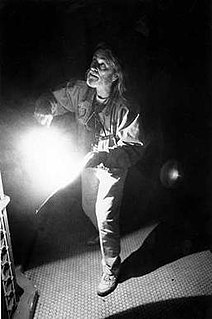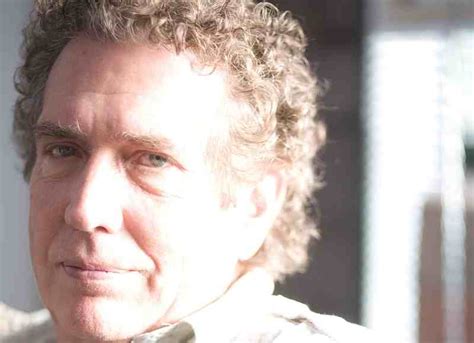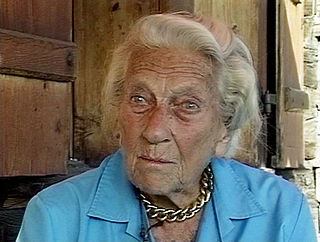A Quote by Conrad Hall
It is also difficult to articulate the subtleties in cinema, because there aren't words or metaphors which describe many of the emotions you are attempting to evoke.
Quote Topics
Related Quotes
Infrastructures of power always inhabit the surface of the earth somehow, or the skies above the earth. They're material things, always, and even though the metaphors we use to describe them are often immaterial - for example, we might describe the Internet as the Cloud or cyberspace - those metaphors are wildly misleading.
It seems to me that dominant cinema seems to require an empathy or a sympathy between the film and the audience which is basically to do with the manipulation of the emotions and it seems to me again -- and this is a very subjective position -- that most cinema seems to trivialise the emotions, sentimentalising or romanticising them.
The epithet beautiful is used by surgeons to describe operations which their patients describe as ghastly, by physicists to describe methods of measurement which leave sentimentalists cold, by lawyers to describe cases which ruin all the parties to them, and by lovers to describe the objects of their infatuation, however unattractive they may appear to the unaffected spectators.
Emotions, in my experience aren't covered by single words. I don't believe in "sadness," "joy," or "regret." I'd like to have at my disposal complicated hybrid emotions, Germanic traincar constructions like, say, "the happiness that attends disaster." Or: "the disappointment of sleeping with one's fantasy." ... I'd like to have a word for "the sadness inspired by failing restaurants" as well as for "the excitement of getting a room with a minibar." I've never had the right words to describe my life.
It is difficult to see the great dance effects as they happen, to see them accurately, catch them fast in memory. It is even more difficult to verbalize them for critical discussion. The particular essence of a performance, its human sweep of articulate rhythm in space and in time has no specific terminology to describe it by.








































